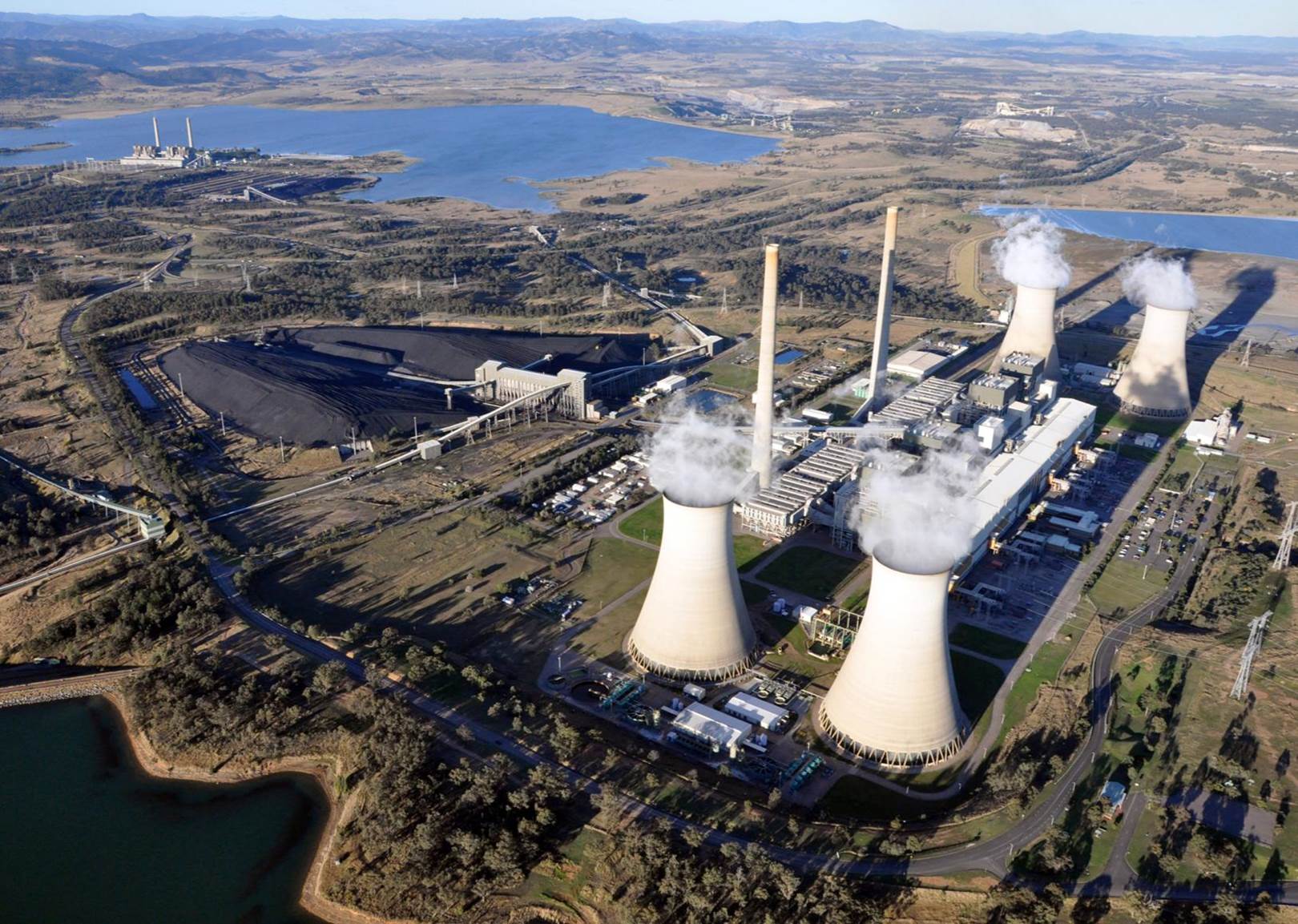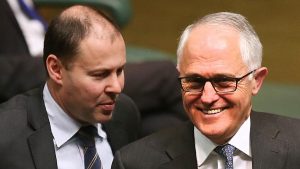Energy prices are set to fall over the next two years due to an extra 5,300 MW of power generation entering the mix, mostly from renewable energy sources.
The Australian Energy Market Commission analysed generation data and found that prices are expected to drop by mid-2018, but this trend will not last unless the right energy policy is put into place. Energy prices increased by an average of 11% in 2017, meaning that in real terms, prices will drop by about 1% up to 2020.
The AEMC had a big hand in the Federal Government’s National Energy Guarantee, which replaced the Clean Energy Target as proposed by Chief Government Scientist Alan Finkel.
In its analysis, the AEMC said that prices increased by an average of 11% during 2017 and the 12% drop forecast for 2018-2020 will not continue unless state governments agree on a policy which will provide incentives for dispatchable power.
Energy prices drop not be sustainable if policy is not put in place
 The AEMC also pointed to the danger of renewable energy sources pushing gas and coal out of the market, saying this would result in a tightening of supply.
The AEMC also pointed to the danger of renewable energy sources pushing gas and coal out of the market, saying this would result in a tightening of supply.
In the short-term, entry of more solar and wind generation plants would drive wholesale prices down. However, wind and solar have lower operating costs than coal and could lead to some coal and gas-fired plants not being able to recover operating and maintenance costs, resulting in their exit from the market.
The AEMC report found that the main cause for the 11% jump in energy prices was the closure of two major power plants – Northern coal power station in May 2016 and Victoria’s Hazelwood in March 2017.
The flooding of the market with renewable source energy will lead to a predicted drop of about 12% in wholesale prices over 2018-2019 and 2019-2020.
The National Energy Market is expected to receive a total boost of 5,300MW of power and the bulk of that, 4,900MW, is generated by renewable sources.
Energy prices will drop thanks to extra power generation

Traditional sources of electricity generation which will contribute to the energy mix include the Swanbank E gas power station in South East Queensland early in 2018 with 385 MW of power.
Prime Minister Malcolm Turnbull and Energy Minister Josh Frydenberg will be pushing ahead with the National Energy Guarantee, despite opposition from the South Australian and ACT state governments.
The plan imposes new reliability and emission reduction guarantees on Australian energy retailers and large-scale energy users.
The NEM has attracted criticism because it is being seen as a strategy to keep dirty coal generation in the mix.
The most dissent has been coming out of South Australia, with Premier Jay Weatherill leading the worldwide charge to support renewable power with the new Tesla battery, the Neoen wind farm and a whole raft of capital and local projects slated for the new year.
Despite resistance by South Australia and the ACT, the Federal Government secured the backing of the majority of state governments at a meeting of the Council of the Australian Governments (COAG).
National Energy Guarantee details to be announced in April 2018
The Energy Security Board was given the green light to continue to develop the strategy and more details are expected to be announced in April 2018.
Politically, the timeline favours the Federal Government as the next meeting of the COAG will take place after the state election of South Australia.
Energy regulators want the NEG to be pushed into effect during the period when prices are expected to come down to maintain momentum and for the system to be seen by the public to be working.
Given the repeated flip-flops and U-turns by successive governments over the past decade, regulatory bodies see the NEG as the last viable option to create investment certainty in the national energy market.
State governments to sign off on NEG
In its report, the AEMC did not depart from the assumption that the NEG is a done deal, given that state governments still need to sign off on it.
It also reserved passing final judgment because the key points of the deal have are as yet unknown.
The AEMC said that because the key details are as yet unknown, it could not determine whether the NEG will have any effect on energy prices – either upwards or downwards.






